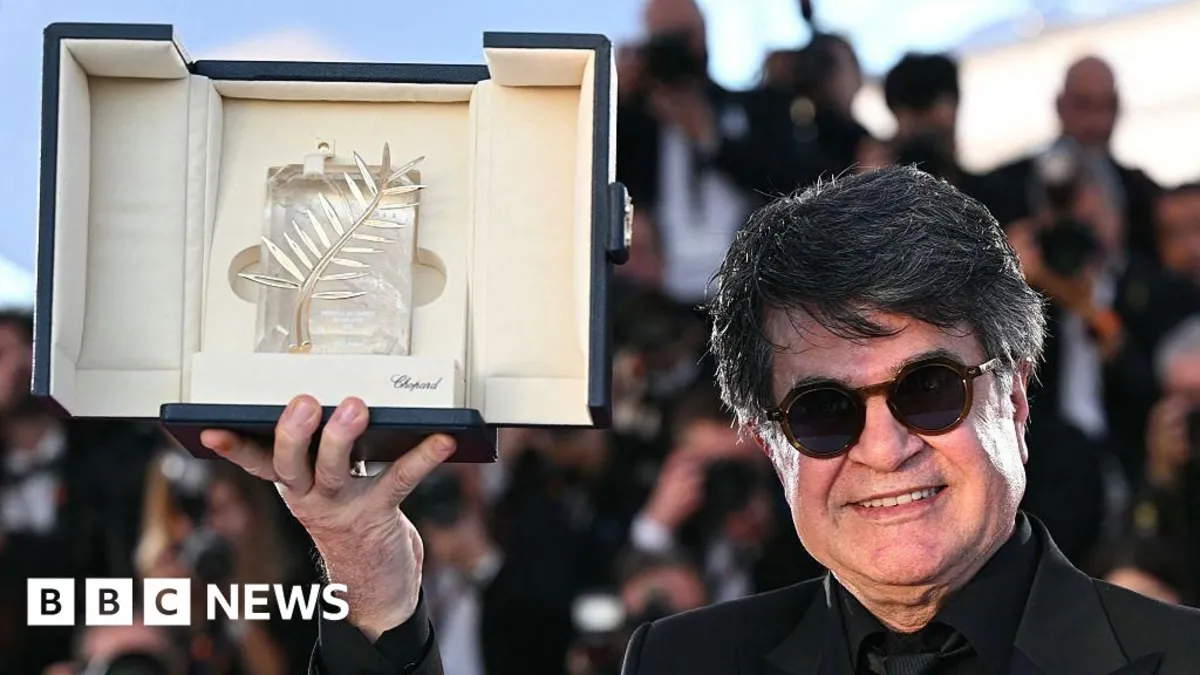
The Iranian government has officially summoned France's envoy in Tehran to express its strong discontent regarding remarks made by the French foreign minister. This diplomatic response comes in the wake of Iranian filmmaker Jafar Panahi winning the prestigious Palme d'Or at the Cannes Film Festival for his film It Was Just an Accident. This political drama, which draws inspiration from Panahi's own experiences in prison, has sparked a significant diplomatic row between Iran and France.
Following Panahi's victory at Cannes, French foreign minister Jean-Noël Barrot hailed the win as a gesture of resistance against the oppressive Iranian regime. His comments were met with immediate backlash from Iranian officials. Mohammad Tanhaei, spokesperson for Iran's foreign ministry, labeled Barrot's statements as "insulting remarks" and "unfounded allegations," as reported by state media.
During the meeting with the French envoy, Tanhaei condemned Barrot's remarks as blatant interference in Iran's internal affairs. He characterized the congratulatory message from France as both "irresponsible" and "provocative." Tanhaei further argued that France lacked the moral authority to comment on Iranian affairs, especially given its perceived failure to support the Palestinians in Gaza. He demanded an official explanation from the French government, and the envoy assured that he would communicate this message to Paris.
Jafar Panahi's journey as a filmmaker has been fraught with challenges, including multiple imprisonments due to his outspoken criticism of the Iranian establishment. He recently spent seven months of a six-year sentence in jail before being released in February 2023. Previously, in 2010, he was sentenced to six years for supporting anti-government protests and was imprisoned for two months during that time. In addition to his jail terms, Panahi has faced a 20-year ban on filmmaking and international travel. Despite these restrictions, he managed to produce It Was Just An Accident in secret within Iran.
The film portrays the struggles of five ordinary Iranians confronting a man they believe tortured them in prison, drawing on conversations Panahi had with fellow inmates about the violence perpetrated by the Iranian government. During his acceptance speech at Cannes, he passionately urged his fellow Iranians to unite against oppression, stating, "No one should dare tell us what kind of clothes we should wear, what we should do, or what we should not do."
After his triumphant return to the international film scene—his first appearance at a film festival in 15 years—Panahi expressed his intention to return to Tehran. He told reporters at Cannes, "As soon as I finish my work here, I will go back to Iran," emphasizing his commitment to continue his artistic endeavors despite the ongoing political challenges he faces. He reflected on his future projects, stating, "I will ask myself what's my next film going to be."
This incident underscores the intricate relationship between art and politics in Iran, highlighting the challenges faced by artists who dare to speak out against an oppressive regime. As the diplomatic tensions escalate, the world watches closely to see how this situation unfolds.